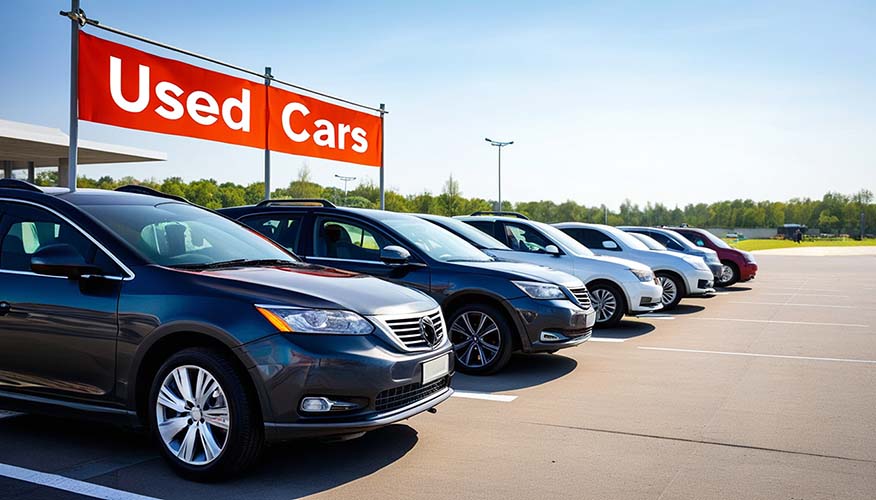
Buying a used car from a dealership in California can feel safer than buying from a private seller. Unfortunately, many consumers later discover that the car they bought was not what they thought. From undisclosed prior accidents to hidden rental history, dealerships sometimes withhold critical information or fail to comply with state law. Below, we outline the most common issues and the steps you can take to protect yourself when buying a used car.
Common Problems and Tips to Protect Yourself
Undisclosed Prior Accidents or Damage
Undisclosed Prior Rental Use
Buyers have the right to know a vehicle’s history, including prior rental use, because it can affect the car’s value and condition.
“As-Is” Sales
When buying a used car from a dealership, an “as-is” sale means that when you buy a car, you accept it in its current condition, with all its existing flaws and problems.
Limited Warranties and Service Contracts
Failure to Comply with California Used Car Laws
Starting October 1, 2026, a new law — the California CARS Act (California Combating Auto Retail Scams; SB 766) — will require car dealers to adhere to much higher transparency and accountability standards.
Certified Pre-Owned (CPO) Misrepresentations
Carfax and Auto Check reports are useful tools, but they are not comprehensive sources of information about a used car’s condition and history. They don’t actually look at or inspect the vehicle. Instead, they simply report data available in their accessible databases and re-publish it.
Undisclosed Recalls
When buying a used car from a dealership, some dealerships sell vehicles with unresolved safety recalls without informing the buyer. Not disclosing these recalls puts buyers at risk and could leave them responsible for repairs the dealer should have fixed before selling.
Yo-Yo Financing / Spot Delivery
Yo-Yo financing, or spot delivery, happens when a dealer lets you take a vehicle home before your financing is approved. Later, they may contact you, claim your loan isn’t finalized, and pressure you into worse terms, like a higher interest rate or larger down payment. This tactic can trap buyers into unwanted financing deals.
Inflated Add-Ons
Auto dealership add-ons can significantly increase the overall cost of a car, sometimes without buyers fully realizing what they are paying for until after signing the paperwork.
Odometer Fraud
Odometer fraud happens when someone illegally changes a vehicle’s mileage to make it seem lower than it really is. This dishonest practice usually involves rolling back, disconnecting, or replacing the odometer.
Additional Legal Protections
A. Dealer’s Surety Bond
Every licensed California dealer must carry a $50,000 surety bond (California Vehicle Code §11710). If a dealer commits fraud, you may file a claim against this bond to recover losses. Complaints are handled by the California DMV Investigations Division.
B. Claims Against the Lender (Holder in Due Course)
Under the FTC Holder Rule and California Civil Code §2983.5, when a dealer assigns your retail installment contract to a lender, that lender becomes subject to the same claims and defenses you could bring against the dealer. This means if the dealer defrauded you, you may be able to stop payments or seek a refund directly from the finance company.
Bottom Line
The best protection when buying a used car is doing your own due diligence before signing, including VIN checks, multiple history reports, and independent inspections. If you discover fraud afterward, you still have options — including bond claims, lender liability, and legal claims under California’s Consumer Legal Remedies Act (CLRA), Unfair Competition Law (UCL), and Song-Beverly Consumer Warranty Act.
Buying a Used Car from a Dealership in California Carries Real Risks
At RV Auto Legal Team, we help California consumers fight back against dealership fraud and recover what they are owed. If you’ve been misled about a used car purchase, contact us today to understand your rights. Our experienced team of lemon law attorneys and RV lemon law lawyers are here to guide you through the legal process. Contact the Attorneys at the RV Auto Legal Team


 SB 766: New Law for Vehicle Buyers in California
SB 766: New Law for Vehicle Buyers in California